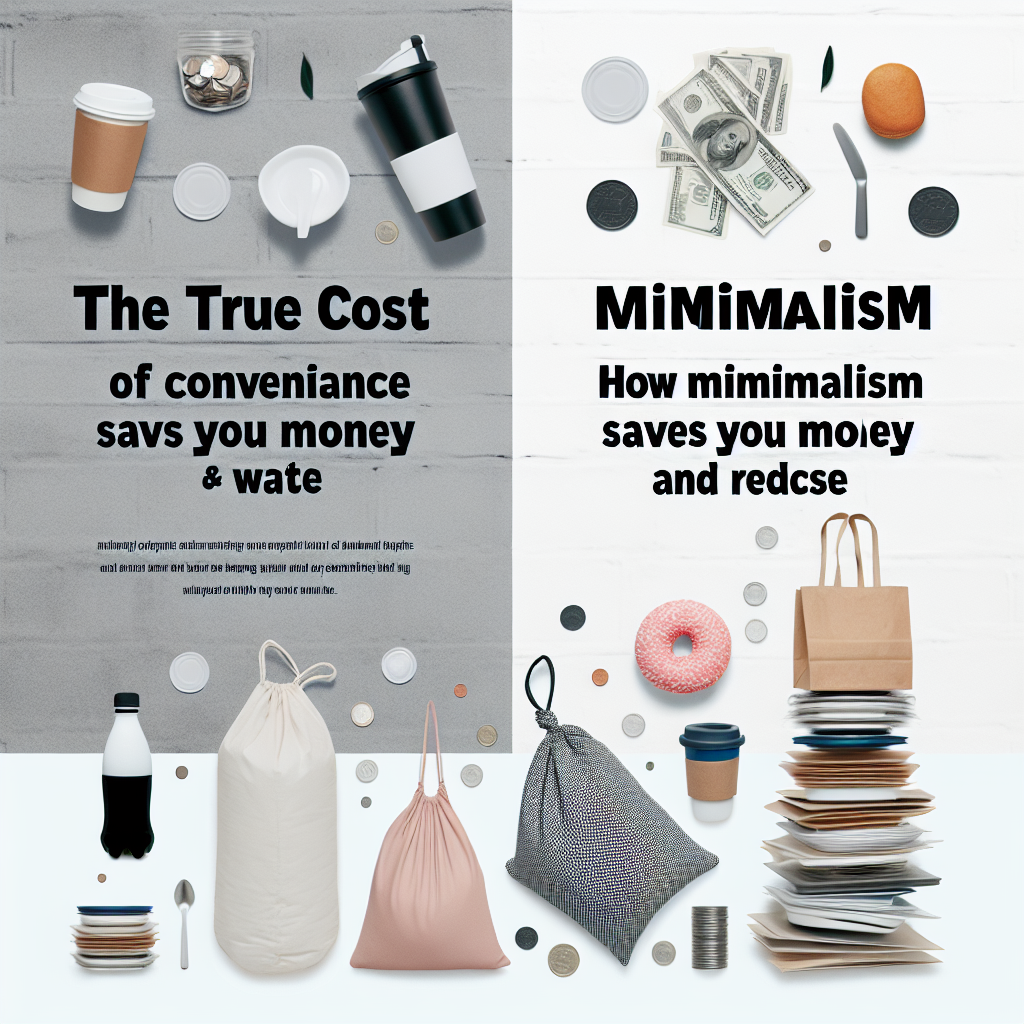The Cost Benefits of Going Solar: Is It Worth the Investment for Your Home? 🌞
Introduction
A long time ago, most of our energy came from things that made the Earth sad. Imagine a polar bear slipping off a melting iceberg, and you get the idea. We still use a lot of fossil fuels, but they aren’t great for the planet. But don’t worry, solar energy is here to save the day, acting like a superhero for our world.
In this exciting story, we talk about why solar energy might be a good fit for your home. Are those solar panels just fancy things for your roof, or do they have real value? Put on your reading glasses and find out.
Understanding Solar Power
Before you stick solar panels on your roof like pepperoni on a pizza, let’s learn a bit about how they work. Solar panels catch sunlight (imagine them sunbathing), turn it into electricity (it’s science, not magic), and then your lights are on. And the planet is happier, too. 💡
Types of Solar Panel Systems for Homes
- Grid-tied Systems: These systems connect to the power grid, allowing you to share any extra energy you make or get more if you need it.
- Off-grid Systems: These systems work on their own without the grid and might need batteries to store energy.
- Hybrid Systems: These use both the grid and batteries as a backup, kind of like having a secret stash of cookies.
New trends include super-efficient panels and solar roof tiles, which are like cool sunglasses for your house.
Initial Costs of Going Solar
Let’s talk about the first costs. It can make some people nervous, but investing in solar is like buying sunlight that will save you money later.
Cost Breakdown of Solar Panel Installation
- Equipment Costs: This covers the panels, inverters, and mounts.
- Installation Labor Charges: The people who put up the panels need to be paid, and not just with happy thoughts.
- Additional Fees: Permits, checking the system, and surprise fees that might pop up.
Financing Options Available
- Solar Loans: You borrow money first, but save money later.
- Leases and Power Purchase Agreements (PPAs): This is like renting. You pay less at first, but you won’t fully own it.
Government Incentives and Rebates: Uncle Sam wants you to go solar and offers rebates to make it cheaper.
Long-Term Financial Benefits
- Reduction in Monthly Utility Bills: Your bills will shrink, just like wool socks in a hot dryer.
- Increase in Property Value: Houses with solar panels can be more valuable, just like wearing trendy glasses.
- Tax Credits and Other Government Incentives: Get discounts on solar energy? Yes, please.
- Return on Investment (ROI) and Payback Period: After a few sunny years, you’ll recover your costs.
Environmental Benefits
Besides saving money, solar energy helps make your carbon footprint as small as a bug’s tiny toe. It helps with:
- Reduction in Carbon Footprint: Smaller footprints mean bigger smiles.
- Contribution to Renewable Energy Goals: You’re a hero, helping with renewable energy.
- Impact on Local and Global Environmental Initiatives: You win a sticker for helping the community and the planet.
Potential Downsides of Solar Investment
Not everything’s always sunny:
- Initial Cost Outlay: It might be expensive at first, like an extravagant holiday.
- Maintenance and Repair Costs: You’ll have a schedule to keep them clean.
- Variability in Energy Savings: Clouds might play games with your energy savings.
- Roof Suitability and Space Limitations: Some roofs aren’t suitable, so check first.
Factors Influencing Solar Suitability for Your Home
Solar energy isn’t perfect for everyone. Think about:
- Geographic Location and Climate: Sunny places are the best, but even some cloudy spots can save money.
- Local Energy Prices and Inflation: See how prices change where you live.
- Roof Type and Orientation: Make sure your roof is ready for solar panels.
- Future Energy Consumption Expectations: Think about how much energy you’ll use.
Misconceptions About Solar Energy
Let’s bust some myths:
- Myth: Solar Panels are Too Expensive: They cost a lot at first, but you save money over time.
- Myth: Solar Power Only Works in Sunny Climates: Even places with clouds can use solar power.
- Myth: The Technology is Not Reliable: It’s super reliable, unlike some online advertisements.
Real-Life Case Studies
Meet Mr. Smith, who made his energy bills disappear, kind of like a ghost story. And Mrs. Johnson, who became the neighborhood’s energy-saving queen.
Evaluating Your Options
Follow these steps to decide:
- Conducting a Home Energy Audit: Look for ways your home might waste energy.
- Consulting with Solar Energy Professionals: These are the experts, kind of like solar wizards.
- Comparing Quotes and Solar Providers: Check out different solar companies before choosing.
Conclusion
If you live in a sunny place and it makes sense financially, going solar makes you a hero of resilience. If not, don’t worry! Every step towards renewable energy helps the planet. 🌍
So, is going solar a worthy investment? Remember, knowledge is power, but solar is even better.
Call to Action
Want to turn your home into a sun-powered savings machine? Call a solar provider today or search online for ways to make solar work for you.
Resources and Further Reading
For those who want more:
Join us in lighting up your home and cutting down on bills with solar panels! 🌈
